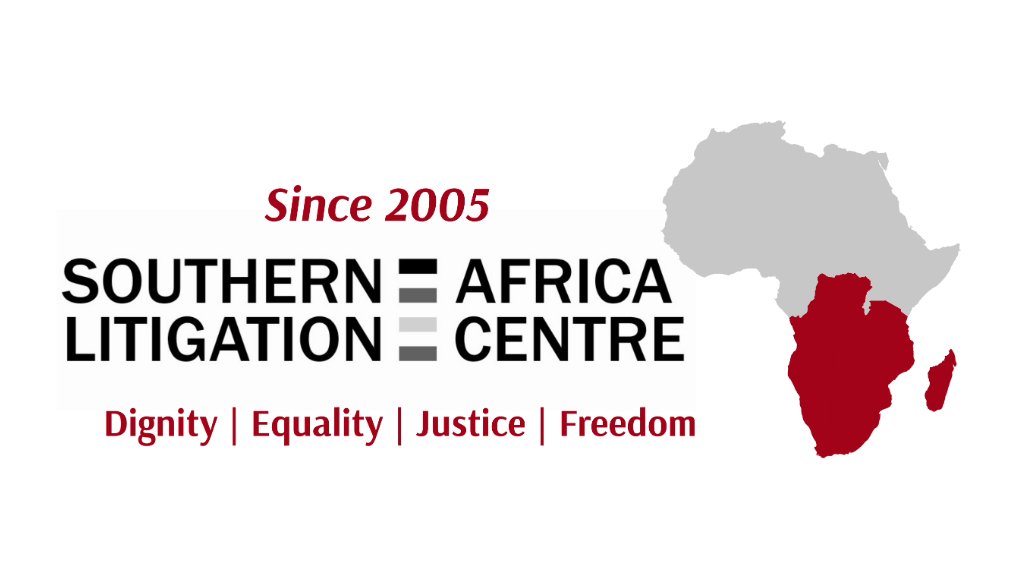The treatment of foreign nationals in prisons across the Southern African Development Community (SADC) region has become an increasingly urgent human rights concern. Migrants, refugees, and asylum seekers—many of whom flee conflict, poverty, or political instability—are frequently detained in foreign prisons or held in pre-trial detention for extended periods. In countries such as South Africa, for example, long an important destination for migrants and refugees from across Africa and beyond the region, there has been an increasing use of criminal procedures to enforce migration laws, which results in larger numbers of migrants and asylum seekers being detained. Once detained, foreign nationals routinely face systemic barriers including prolonged detention, lack of access to legal representation, language obstacles, inadequate consular notification, and discriminatory treatment. These conditions violate international and regional standards, including the African Charter on Human and Peoples’ Rights and the United Nations Standard Minimum Rules for the Treatment of Prisoners (the Nelson Mandela Rules).
While some SADC countries have laws in place outlining the treatment of foreign nationals, in practice very few of these provisions are followed. For example, the South African Immigration Act No.13 of 2002 states that foreigners “shall be informed upon arrest or immediately thereafter of the rights set out in the preceding two paragraphs, when possible, practicable and available in a language that he or she understands.” The reality, however, is that foreign nationals in prisons in South Africa and across the region face significant language barriers that hinder their access to justice, healthcare, and basic services. These barriers can lead to misunderstandings, feelings of isolation, and potential breaches of human rights. Studies show that the lack of adequate interpretation and translation services in prisons negatively impacts foreign inmates' ability to understand their rights, participate in legal proceedings, and access necessary medical care. In many SADC countries, it has been evident that policymakers have failed to fully account for the linguistic diversity of the population and the limited language resources available within prison systems.
Another country which provides stipulations for the treatment of immigrants in its Constitution is Namibia. The 1990 Constitution of Namibia states that “No persons who have been arrested and held in custody as illegal immigrants shall be denied the right to consult confidentially legal practitioners of their choice.” In practice, however, Namibia has been reported to frequently detain migrants entering the country irregularly, and many lack any access to legal aid. In Malawi, its Immigration Act includes provisions for the detention of suspected prohibited immigrants, stipulating that, “Any person suspected of being a prohibited immigrant may be detained by an immigration officer for such reasonable period, not exceeding fourteen days, as may be required for the purpose of making enquiries as to such person’s identity or antecedents.” However, as implemented, detention often far exceeds this statutory limit.
In recent months, the situation of foreign nationals in SADC prisons has become further complicated by the United States’ new use of third country deportations under the Trump administration. As part of a broader mass deportation strategy, the US. has begun deporting migrants to the Southern African nation of Eswatini, with reported transfers taking place as recently as July 2025. A government spokesperson from Eswatini reported that the five men deported from the US. were being held in solitary confinement at undisclosed correctional facilities, isolated from other inmates for an undetermined period. The Eswatini government said that the men are considered to be “in transit” and will eventually be sent to their home countries, although it remains unclear how long that process will take. The Kingdom of Eswatini, formerly known as Swaziland, is one of the few absolute monarchies existing in the world today and is ruled by King Mswati III. The King maintains significantly more power than the electorate, making it very difficult for the electorate to hold parliament accountable, and the Constitution has been interpreted to predominantly exclude political parties from the electoral process. The lack of political opposition in Eswatini's parliament means that there are limited checks on the powers of the executive, and increases the likelihood that key legislative decisions, such as those relating to human rights matters, are made with little debate. The country also faces severe issues of poverty, unemployment, high crime rates, and congested prisons. Organisations such as the Southern African Litigation Centre have reported that Eswatini’s human rights record is complicated by the country’s constrained media environment, harassment of human rights defenders and media practitioners, and laws that violate the rights of freedom of expression. The government has also violently suppressed pro-democracy protests and weaponised the judicial system by imprisoning pro-democracy activists.
The Trump Administration’s deal with Eswatini has raised widespread concerns and outrage. Neighbouring countries such as South Africa have also expressed serious security concerns over the deportation of convicted criminals, particularly regarding the profiles of these individuals and the potential adverse impact on South Africa’s national security and immigration policy. Compounding the situation, the immigrants—hailing from Cuba, Jamaica, Laos, Yemen, and Vietnam—have been denied access to legal representation while reportedly being held in Eswatini's main maximum-security prison. This denial of access to a lawyer is a clear violation of domestic and international law, and the ongoing detention of these immigrants could have legal implications for Eswatini.
Implementing meaningful policy reforms to ensure the humane treatment of foreign nationals in prisons is not just a moral imperative but a legal obligation under international and regional human rights frameworks. States in the SADC region, together with the international community, have a duty to safeguard the rights and dignity of migrants and foreign nationals who become entangled in the criminal justice system. Robust parliamentary and judicial oversight must be strengthened across the region, with specific attention to the systemic challenges foreign detainees face as a particularly vulnerable population.
Written by Madelyn Evans, Legal Intern, Southern Africa Litigation Centre
EMAIL THIS ARTICLE SAVE THIS ARTICLE ARTICLE ENQUIRY FEEDBACK
To subscribe email subscriptions@creamermedia.co.za or click here
To advertise email advertising@creamermedia.co.za or click here











